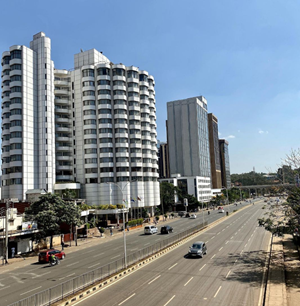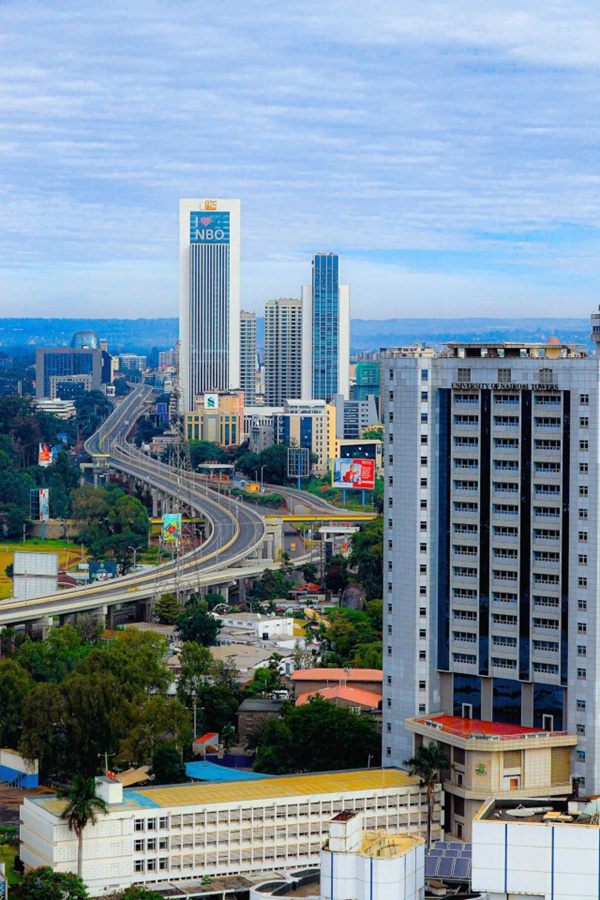Nairobi City
This is a bustling metropolis known for its unique blend of urban sophistication and natural beauty. The city is often referred to as the "Safari Capital of the World," offering a gateway to Kenya's renowned national parks and wildlife reserves. Nairobi is a dynamic city where modernity meets rich cultural heritage, making it a must-visit destination for tourists.

History of Nairobi
Nairobi's history is relatively young compared to other ancient cities. It began as a small railway depot in 1899 during the construction of the Kenya-Uganda Railway. The name "Nairobi" comes from the Maasai phrase "Enkare Nairobi," meaning "cool water," referring to the cold waters of the Nairobi River. The city grew rapidly due to its strategic location and was declared the capital of British East Africa in 1907.
Nairobi has played a significant role in Kenya's journey towards independence, which was achieved in 1963. It has been a center for political, economic, and cultural development in the region. The city is also known for being a hub of international organizations, including the United Nations Environment Programme (UNEP) and the United Nations Office at Nairobi (UNON).
 This is a bustling metropolis known for its unique blend of urban sophistication and natural beauty. The city is often referred to as the "Safari Capital of the World," offering a gateway to Kenya's renowned national parks and wildlife reserves. Nairobi is a dynamic city where modernity meets rich cultural heritage, making it a must-visit destination for tourists.
This is a bustling metropolis known for its unique blend of urban sophistication and natural beauty. The city is often referred to as the "Safari Capital of the World," offering a gateway to Kenya's renowned national parks and wildlife reserves. Nairobi is a dynamic city where modernity meets rich cultural heritage, making it a must-visit destination for tourists.Karen Blixen Museum
Once the home of the famous Danish author Karen Blixen, best known for her book "Out of Africa," this museum provides insight into her life and work. The colonial-era house is set amidst beautiful gardens and offers a glimpse into the early 20th-century life in Kenya.
Kenyatta International Conference Centre (KICC)
A prominent feature of Nairobi’s skyline, the KICC offers panoramic views of the city from its rooftop. This landmark is not only an architectural marvel but also a central hub for conferences and exhibitions in East Africa.